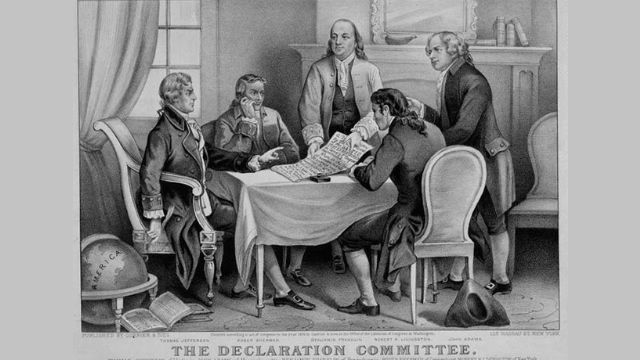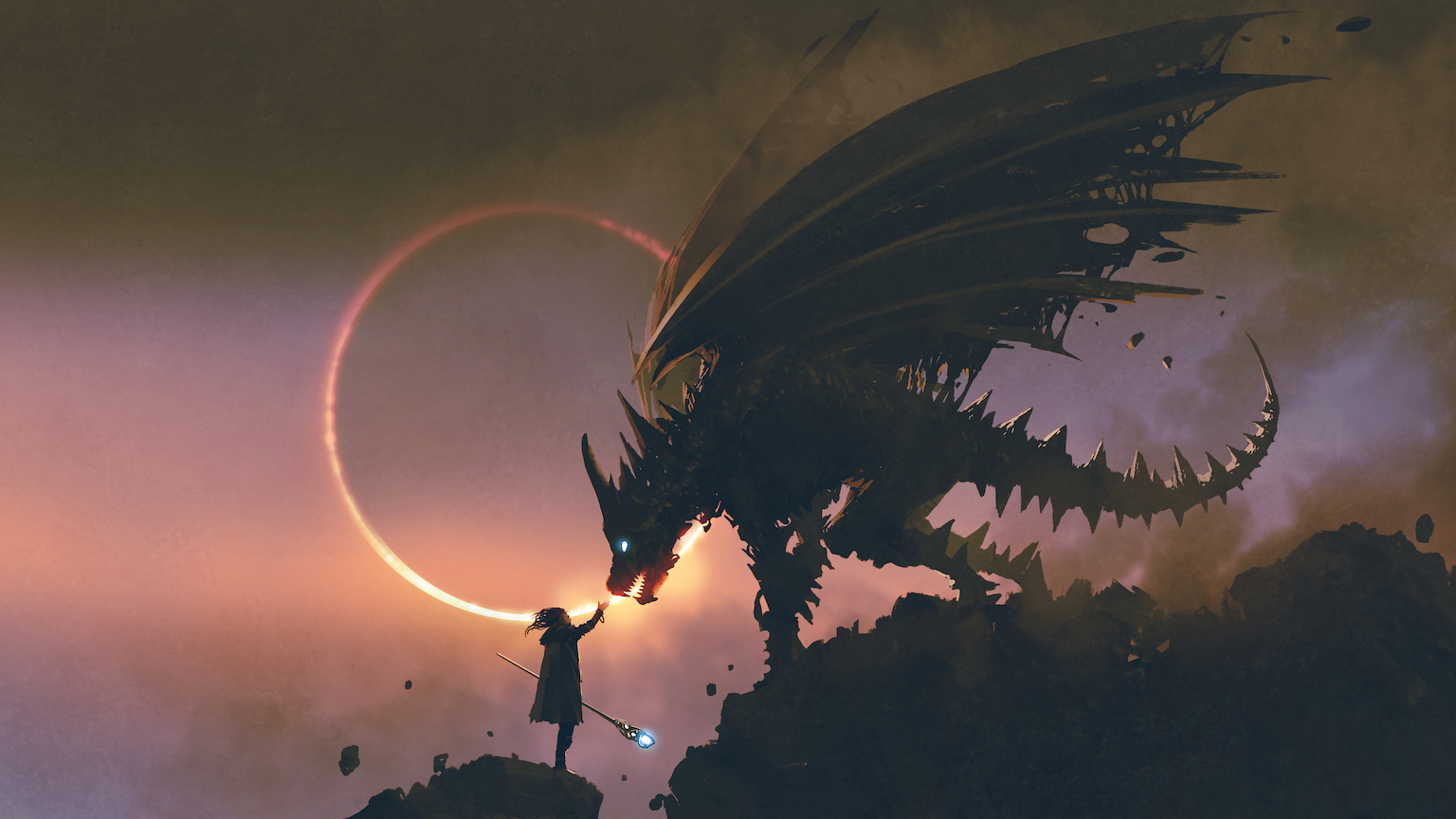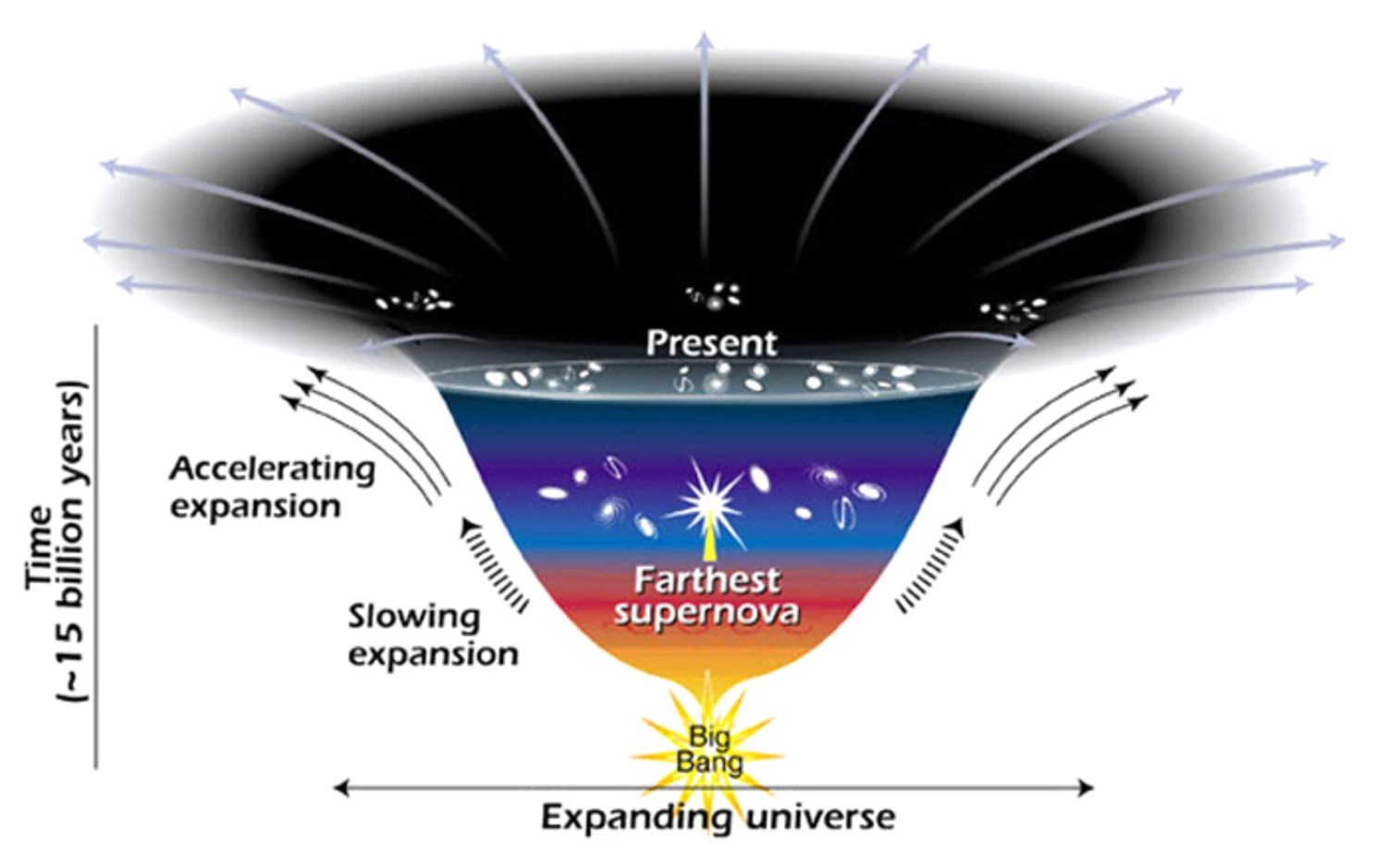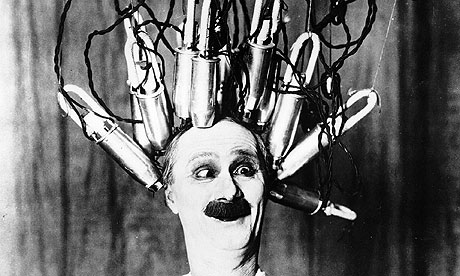America 2.0: The Threat of Neotribalism
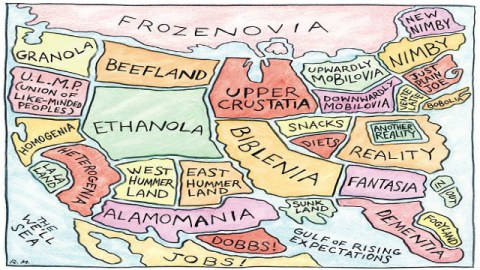
What’s the Big Idea?
The gridlock in Washington last year that brought the nation to the brink of a credit default was only the latest symptom of a widespread – though not irreversible – cultural trend toward fragmentation and tribalism, and away from civil discourse.
We’ve all noticed it – on television and the social web, an increase in politically partisan polemic and cultural isolationism – a sense that lines are being drawn, and we’re expected to choose sides.
This “us vs. them” mentality doesn’t reflect the best of America, past or present, says author and essayist Marilynne Robinson, winner of the 2005 Pulitzer prize in Fiction for her novel Gilead. Robinson has traveled widely in the country, and is continually impressed with the resilience and dynamism of America – its ability to assimilate and engage with new ideas and unfamiliar ways of being.
Marilynne Robinson: At the outset, we were fortunate to have a group of people write essential documents that gave us a good deal to think about. And I think that a lot of the higher quality of American discourse, when it has been high, is out of respect for the fact that these are valuable things that impose respect for people of other views.
And, at this point, things have deteriorated to the point that it is as if morally wrong to have an attitude of presumptive respect toward someone you disagree with. That’s just bizarre and it’s obviously not a formula for civilized society.
Video: Marilynne Robinson on tribalism and openness in American society
Of course, there’s nothing new about the tension between isolationism on the one hand and cultural openness on the other. Each new wave of immigrants to this county, from Scandinavians to Irish in to Eastern Europeans to present day Latinos, has encountered harsh resistance, only to end up weaving itself inextricably into the fabric of the nation.
What’s the Significance?
What’s different now is that the explosion of specialized, targeted cable channels, websites, subReddits and social networks has created unprecedented opportunities for cultural cross-pollination, and also for walling ourselves up in some subcultural dungeon, listening endlessly to echoes of what we already believe.
We’re at a crossroads, says Robinson, and we’ve got big choices to make as a nation. Choices that will determine the political and cultural character of America 2.0. Robinson knows her American history, and it has taught her to be optimistic about America’s ability to struggle through dark times and reinvent itself for the better.
Marilynne Robinson: I think we need to ask very, very fundamental questions about who we are and what we want. There’s an economic model that has gained enormous prestige and authority and become almost treated as if it were some sort of axiomatic truth that no one could dispute, that we are all motivated by self-interest and that this is good. This is a profound revolution in the idea of what a culture is. We’re supposed to be basically passive in relation to laws of economics that we acknowledge as brutal.
In many cases, I think we need to decide what we want to make out of the possibilities that are open to us to create a valuable, humane experience for the people that live here.
Follow Jason Gots (@jgots) on Twitter
Image credit: Rick Meyerowitz/New York Times
